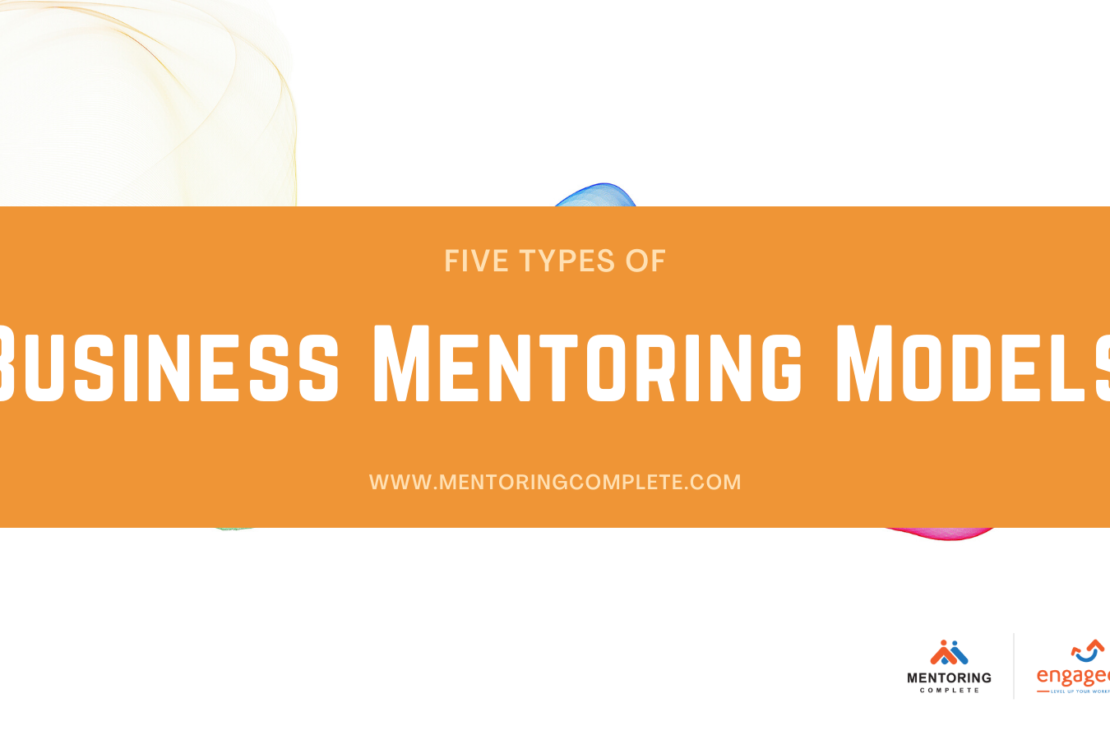
Business mentoring is the widely adopted strategy for building an engaged and productive workforce. One of the advantages of mentoring is that it can be adapted to any organization’s culture and resources. There are several business mentoring programs to choose from when developing a in-house corporate mentoring program. While adopting a mentoring program an organization should look at the goals it wants to accomplish and the benefits a particular mentoring program offers.
The following are the 6 types of business mentoring models that an organization can choose from.
1. One-On-One Mentoring
The most common business mentoring model, one-on-one mentoring matches one business mentor with one mentee. Most people prefer this model because it allows both mentor and mentee to develop a personal relationship and provides individual support for the mentee. The availability of mentors is the only limitation. The mentor mentee matching is usually performed by a program manager based on the skill sets and desired outcomes of the program.
2. Resource-Based Mentoring
Resource-based mentoring offers some of the same features as one-on-one mentoring. The main difference is that business mentors and mentees are not interviewed and matched by a
Mentoring Program Manager. Instead, business mentors agree to add their names to a list of available mentors from which a mentee can choose. It is up to the mentee to initiate the process by asking one of the volunteer mentors for assistance. This model typically has limited support within the organization and may result in mismatched mentor-mentee pairing.
3. Group Mentoring
Group mentoring requires a mentor to work with 4-6 mentees at one time. The group meets once or twice a month to discuss various topics. Combining senior and peer mentoring, the mentor and the peers help one another learn and develop appropriate skills and knowledge.
Group mentoring is limited by the difficulty of scheduling meetings regularly for the entire group. It also lacks the personal relationship that most people prefer in mentoring. For this reason, it is often combined with the one-on-one model. For example, some organizations provide each mentee with a specific mentor. In addition, the organization offers periodic meetings in which a senior executive meets with all of the mentors and mentees, who then share their knowledge and expertise.
4. Training-Based Mentoring
This mentoring model is tied directly to a training program. A mentor is assigned to a mentee to help that person develop the specific skills being taught in the program. Training-based mentoring is limited because it focuses on the subject at hand and doesn’t help the mentee develop a broader skillset. The program is widely known and used by several organizations to develop their workforce.
5. Executive Mentoring
This top-down model may be the most effective way to create a mentoring culture and cultivate skills and knowledge throughout an organization. It is also an effective succession-planning tool because it prevents the knowledge “brain drain” that would otherwise take place when senior management retires.
Also Read: How to find a business mentor?
6. Reverse Mentoring
Reverse mentoring is a form of mentoring in which a junior resource is assigned as a mentor to a senior resource. The program has a dual purpose in which the junior resource provides digital and networking skills to the senior person and receives business and technical guidance in return.
The purpose of having reverse mentoring is to provide an open platform where a senior employee can learn skills from a junior employee and share their expertise with them. Organizations like Cisco, HP, and The Hartford have found this business mentoring program to be highly successful.
Also Read: Different stages of a mentor mentee relationship
Conclusion
Business mentoring programs offer distinctive benefits to organizations. The above listed programs can be selected based on the type of organization, culture, values, and goals of the program.
Want to learn more about different business mentoring program models? Talk to us.
{{cta(’96aa6b49-9032-4915-a789-159684d3661d’,’justifycenter’)}}

